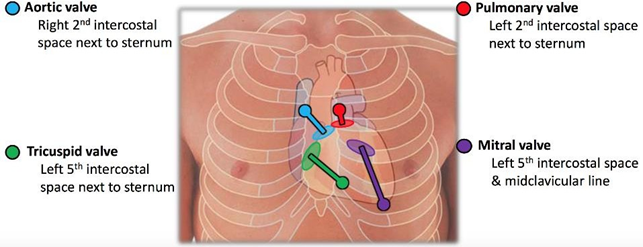When caring for the elderly the nurse must implement which measure for client safety?
Keep the environment free of obstacles
Raise the bed for client ease upon exiting
Avoid bright lighting
Keep linens away from nursing uniform
The Correct Answer is A
A. This is essential to prevent falls, which are a common and serious risk for the elderly. A clutter-free environment allows for safe and easy mobility.
B. Raising the bed, can actually increase the risk of falls if the bed is too high for safe exit.
C. Bright lighting can cause glare and visual discomfort for elderly individuals, especially those with age- related eye conditions such as cataracts or macular degeneration. However, adequate lighting is crucial for safety. The key is to provide sufficient lighting that is evenly distributed and free of glare or harsh shadows, which can help prevent falls.
D. While keeping linens away from the nursing uniform is good practice for infection control, it does not directly relate to the immediate physical safety of the client in the same way that a clear environment does.
Nursing Test Bank
Naxlex Comprehensive Predictor Exams
Related Questions
Correct Answer is A
Explanation
A. By actively listening, the nurse shows empathy and a willingness to understand the client's perspective. Understanding significant events like a cancer diagnosis can help the nurse better anticipate the client's emotional and psychological needs.
B. This action shows support and encouragement for the client's achievements in managing their condition. It demonstrates the nurse's awareness of the client's efforts and competence in self-care. While it is positive reinforcement and supportive, it focuses more on the client's physical abilities rather than a deeper understanding of their personal experiences or emotions.
C. This action shows attentiveness to the client's physical comfort and emotional well-being. Offering a back rub during a bed bath can be soothing and comforting, addressing both physical and emotional needs. It demonstrates a caring approach to providing care that considers the client's comfort and relaxation.
D. Eye contact is an important non-verbal communication skill that conveys attentiveness and respect. It helps establish a connection and rapport between the nurse and the client. While maintaining eye contact is important for effective communication and building trust, it alone does not necessarily illustrate knowing the client in terms of understanding their personal experiences or emotions.
Correct Answer is A
Explanation
A. The pulmonic valve is best auscultated at the second intercostal space (ICS) on the left sternal border. This is where the area corresponding to the pulmonic valve is most accurately heard due to the anatomical positioning of the heart.

B. This area does not correspond to any valvular area.
C. This location corresponds to the aortic valve, not the pulmonic valve. The aortic valve is best auscultated at the second ICS, right sternal border.
D. This location corresponds to the tricuspid valve, not the pulmonic valve. The tricuspid valve is best auscultated at the fourth or fifth ICS along the left sternal border.
Whether you are a student looking to ace your exams or a practicing nurse seeking to enhance your expertise , our nursing education contents will empower you with the confidence and competence to make a difference in the lives of patients and become a respected leader in the healthcare field.
Visit Naxlex, invest in your future and unlock endless possibilities with our unparalleled nursing education contents today
Report Wrong Answer on the Current Question
Do you disagree with the answer? If yes, what is your expected answer? Explain.
Kindly be descriptive with the issue you are facing.
